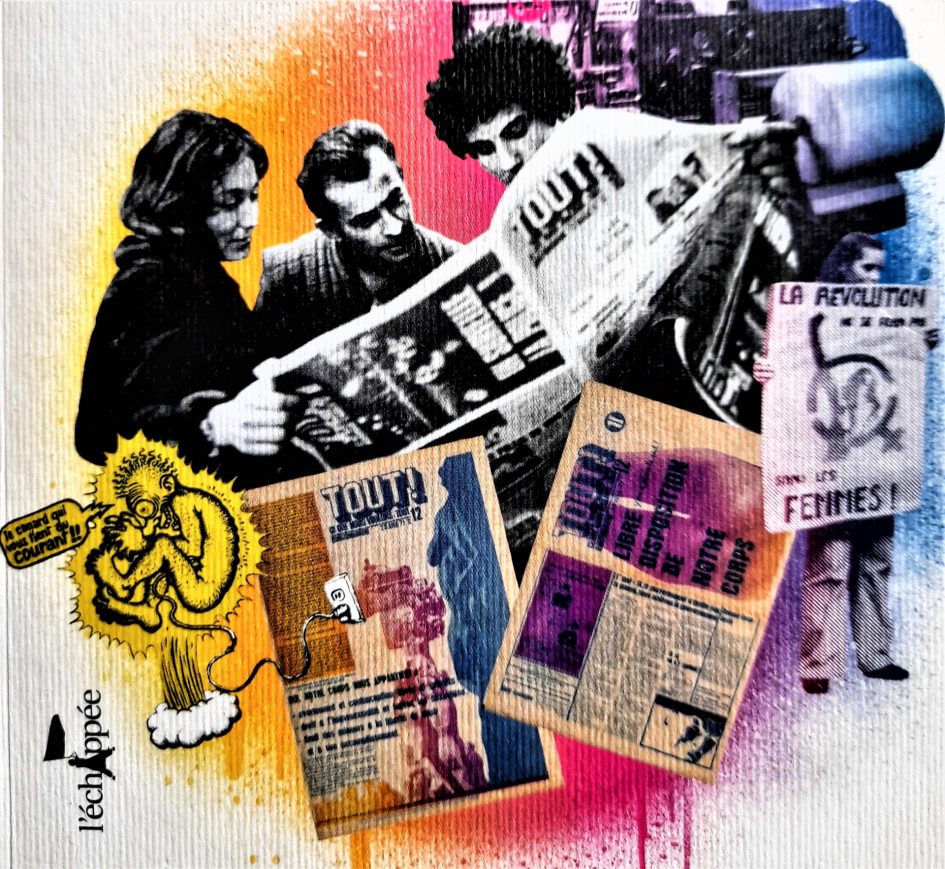1968 and after: French radical posters and press at the crossroads of new left and ‘counterculture’ .
Manus McGrogan, IS History Group. Independent Scholar.
Wednesday 18th January 2023, 5:30 to 7pm. G4, Grand Parade, City Campus.
CMNH Seminar Series: Visual culture, history, and memory
All Welcome, no need to book, just turn up. Drinks from 5pm.
This paper, drawing on my masters, doctoral and post doc research, traces the evolution of visual forms in French radical left and countercultural propaganda, of the massive revolt of May 1968 and its aftermath.
I begin by addressing the significance in 1968 of the Beaux-Arts silkscreen posters of Paris and beyond. Drawing on myriad radical, libertarian and surrealist influences, these DIY combinations of text and image were crucial to the modus operandi of the movement of occupations, spreading from students to workers. They had both a domestic and international (indeed transnational) impact.
Following 1968, there was a blossoming of alternative press and publications that continued to highlight the grand liberatory themes of May, stretching from the journals of hard left groupuscules, via the joyously defiant papers of ‘new social movements’ (women/gay/anti racist) through to the colourful magazines of a youthful, US-influenced counterculture. Surviving publications of this movement include the satirical weekly Charlie Hebdo and the left wing daily Libération.
Research consisted of archival analysis of this alternative propaganda, and the words of its creators and vendors. This dual approach of intertextuality and oral history has proved indispensable in establishing an original subcultural narrative of the period, and offers important insights into how ’68 activists, both French and international, thought and acted.

